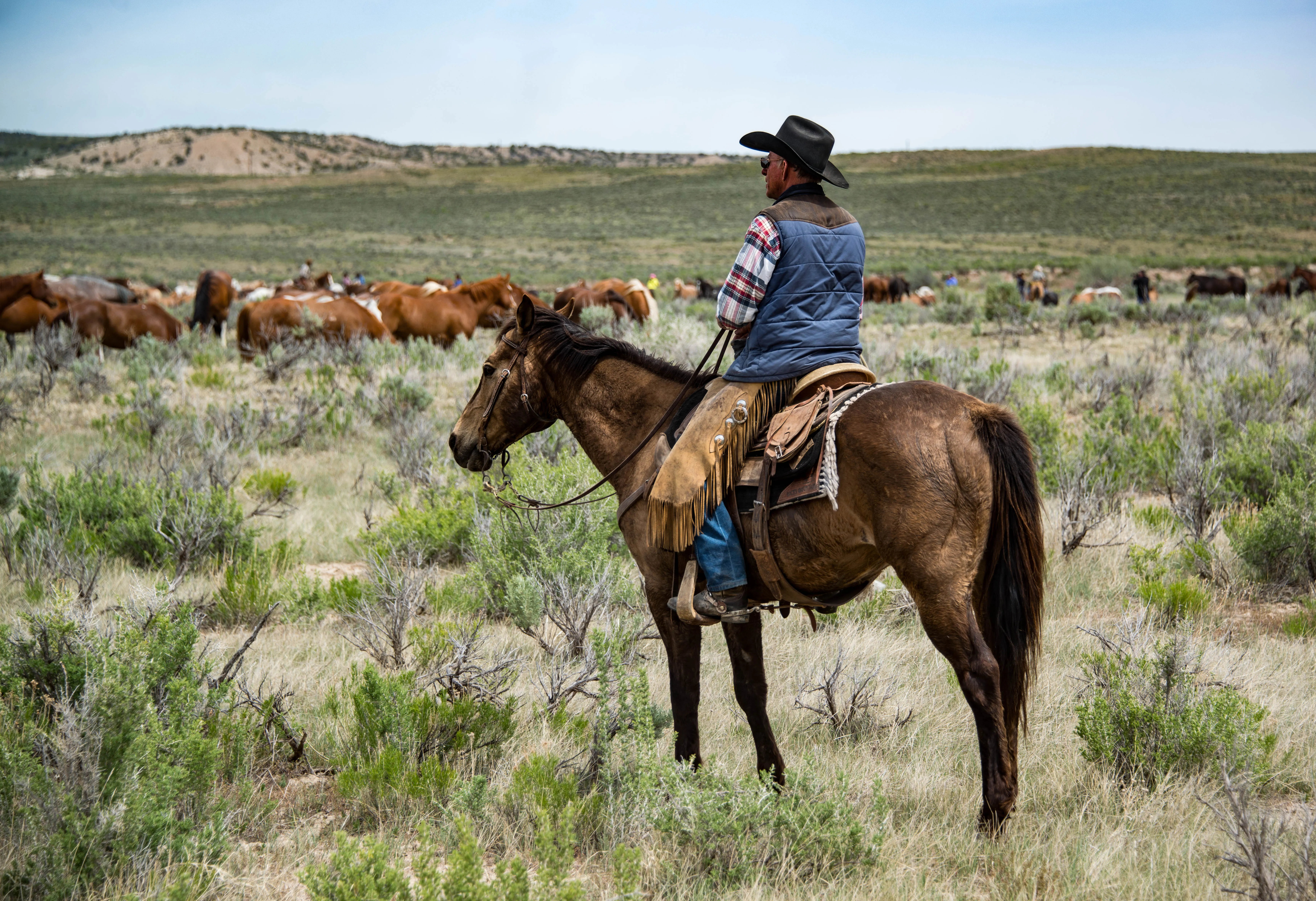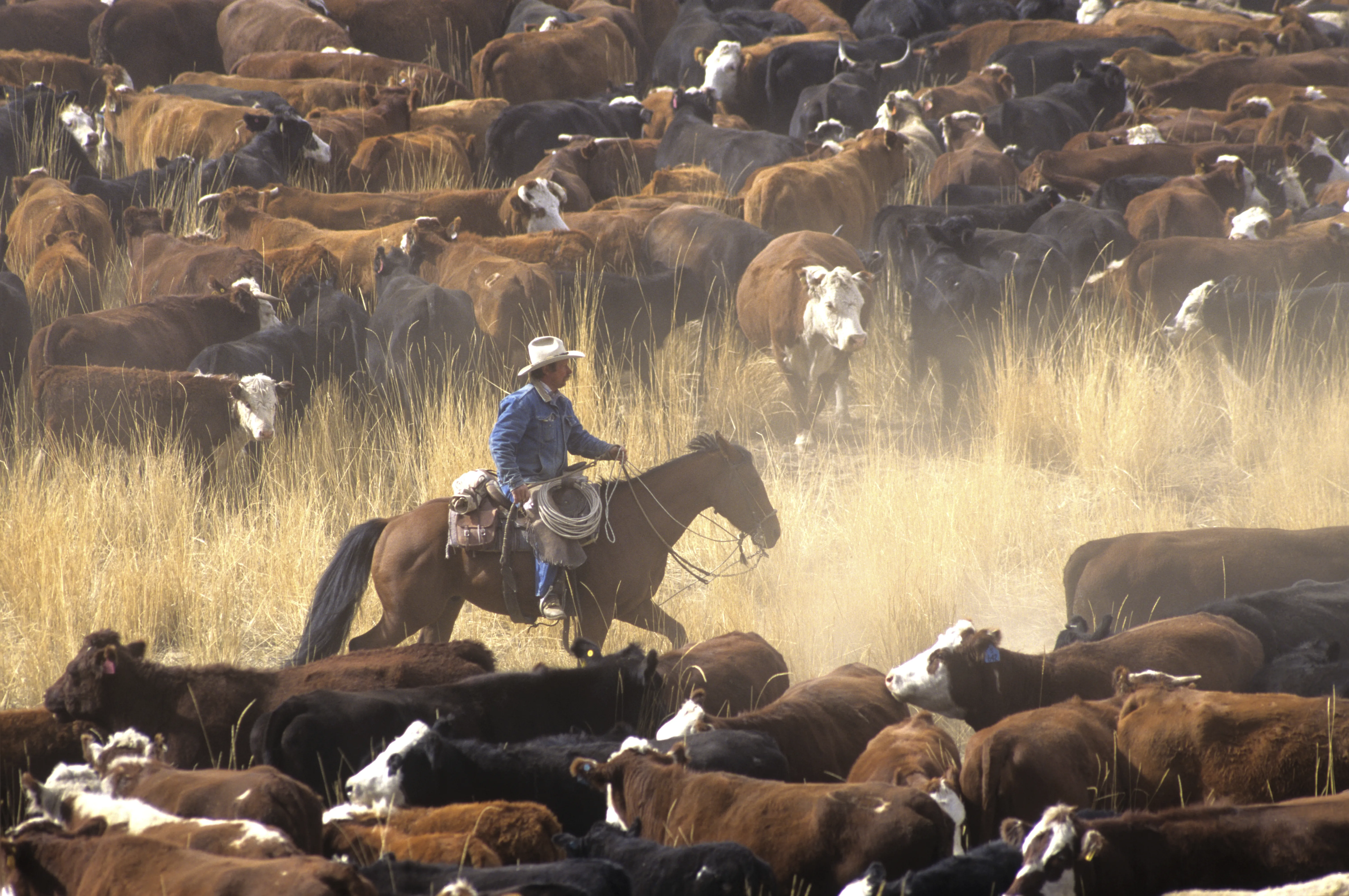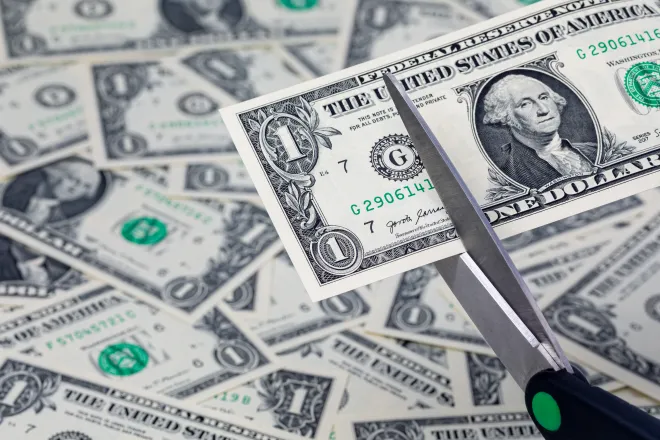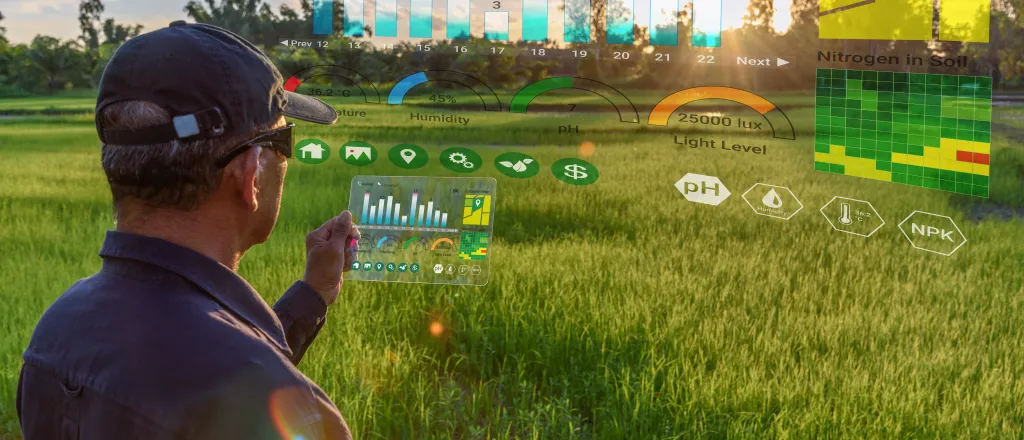
Iowa farmers concerned with e-data use by corporations
(Iowa News Service) New polling data show Iowa farmers are taking advantage of high-tech agriculture practices, and more plan to do so. But some say there's a downside to using too much technology in farming.
The practice is known as "precision agriculture." Farmers use things like GPS guidance systems, data-based soil moisture maps, and drone surveillance to improve their crop yields.
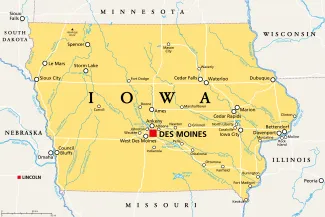
Rural Sociologist J. Arbuckle at Iowa State University said in the poll, two-thirds of the farmers reported analyzing crop data using electronic yield monitoring systems, which help them measure the number of bushels of grain per acre they're harvesting - in real time.
"And it's using a GPS signal to map that field," said Arbuckle. "So then, in following years, farmers can say, 'Hey, I got 220 bushels from that part of the field and that's really good. I think we'll just stick with the same management there. But, you know, I got 130 from this other part. Maybe I should change my management to increase that yield.'"

Eighteen-percent of farmers not using yield monitoring systems say they will in the future.
But in the poll, more than half said "too much technology" in farming could result in mass consolidation, more corporate operations and fewer family farms.
They also expressed skepticism over what happens to the electronic crop data they collect.

Arbuckle said the benefits of precision agriculture are clear, but 52 percent of the 1,000 poll respondents are concerned their data could be used by the government - to create more regulations and to benefit corporations more than farmers themselves.
"The item that got the highest amount of agreement was, 'Precision agriculture would result in increased profits for machinery and technology companies,'" said Arbuckle. "So, 78 percent of farmers either agreed or strongly agreed with that."
More than 70 percent said they're concerned that precision agriculture will lead to fewer and larger farms.


